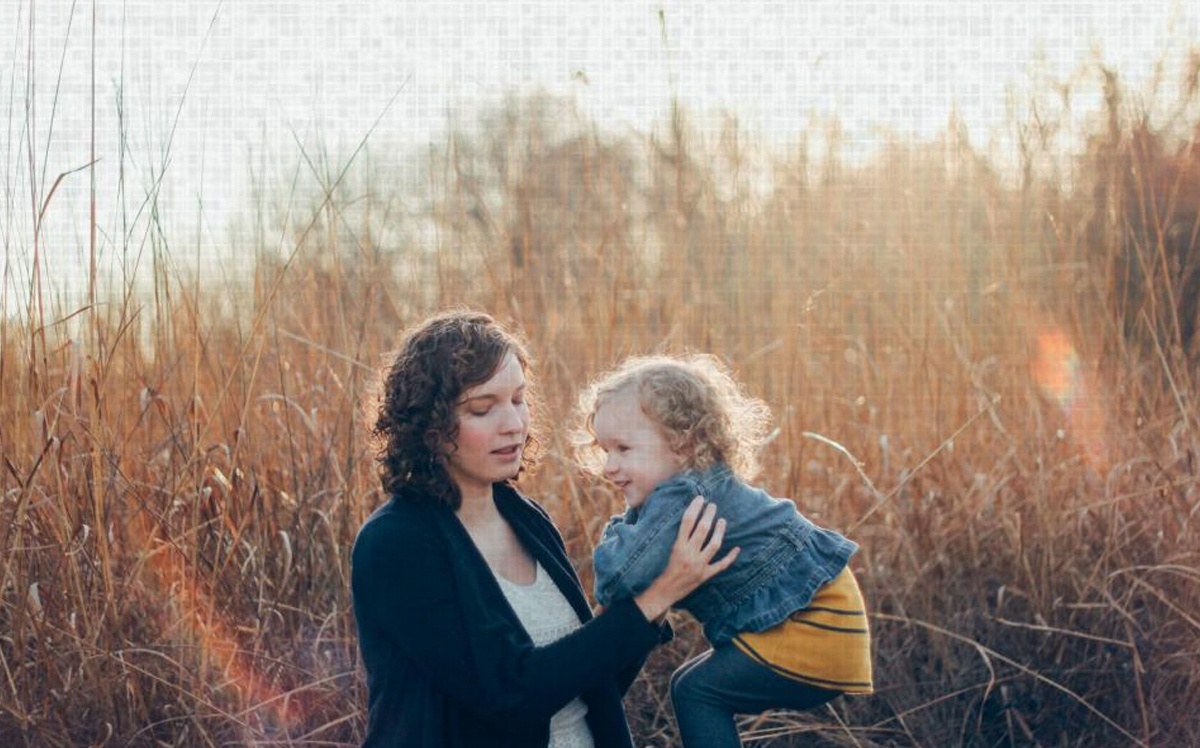
Determining who has legal and residential custody of the children is a major part of the divorce process. Knowing what the process is like and how the judge will come to a decision, if a case goes to trial, is critical.
The information on this website is for general information purposes only. Nothing on this site should be taken as legal advice for any individual case or situation. This information is not intended to create, and receipt or viewing does not constitute, an attorney-client relationship.

Determining who has legal and residential custody of the children is a major part of the divorce process. Knowing what the process is like and how the judge will come to a decision, if a case goes to trial, is critical.

Trying to figure out your children’s custody arrangement is one part of getting divorced. If both parties aren’t willing to compromise, it can be a long, stressful process. While mothers do not automatically receive sole custody, some fathers may worry that they won’t even be awarded enough time with their children.

Can you start a proceeding in Family Court on your own, without an attorney? Yes. But is it a good idea? Absolutely not!

Sole custody refers to “legal custody,” which indicates which parent makes the major decisions about the children. Sole legal custody is a child custody arrangement in which one parent is the primary caretaker of the kids and makes all the major decisions about the children, such as where they attend school, their medical treatment, whether or what religion will be in their life, and what extracurricular activities they will participate in.

Establishing a custody arrangement is an important aspect of a divorce for couples with children. While some such cases result in a judge granting one parent sole custody, others may involve a joint custody agreement—oftentimes without ever even going to trial.

Hiring a child custody lawyer who is dedicated to fighting for you and for what is in the best interests of your children is imperative. Without effective representation, you could end up wasting a lot of time and money for an agreement or court order that isn’t in your favor.
Part of finding the right legal counselor is learning key details about potential candidates to help you make this important decision.
Fill out the information below to receive an immediate response.
Give us a call today at 516.742.6444 for a confidential, no-obligation case evaluation or fill out the form below, and we will be in touch shortly.
Receive divorce news right to your inbox

Copyright 2026 | Sunshine and Feinstein
Privacy Policy | Accessibility Statement
The information on this website is for general information purposes only. Nothing on this site should be taken as legal advice for any individual case or situation. This information is not intended to create, and receipt or viewing does not constitute, an attorney-client relationship.